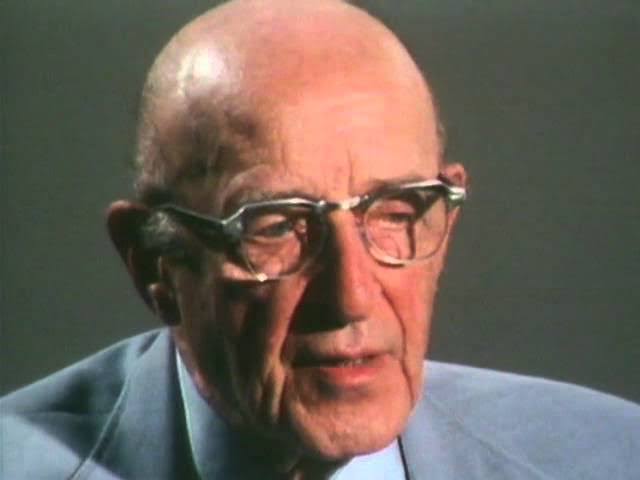
Professionals in the ever-evolving area of psychology are producing ground-breaking advances in our understanding of human nature, mental health, and wellbeing. A number of psychologists are still well-known in 2025 due to their contributions to science, activism, and clinical and academic contexts. The Top 10 Notable Psychologists of 2025 are shown here.
List Of Top 10 famous Phycologists In The World 2025
1. Albert Bandura
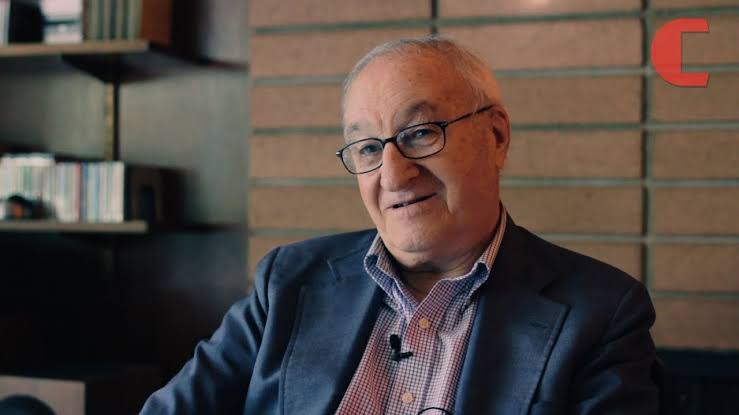
Albert Bandura was a Canadian-American psychologist who lived from 1925 until 2021. He is widely considered to be one of the most prominent psychologists of the 20th and 21st century of the study of psychology. He has left behind a legacy in the area of psychology that will endure for generations to come thanks to his contributions to the understanding of social behaviour, learning, and motivation. Bandura is most well-known for his contributions to the fields of psychology, education, and behavioural sciences, including the renowned Bobo Doll Experiment, Social Learning Theory, and Self-Efficacy. All of these contributions have had a significant impact on the field of psychology. Childhood and Instructional Years In Mundare, Alberta, Canada, on December 4, 1925, Albert Bandura was born as the youngest of six children in a family of Eastern European immigrants. He was the youngest of the Bandura children. In 1949, he received his undergraduate degree in psychology from the University of British Columbia, where he had previously attended a small rural school. Since then, he has moved on to other educational institutions. After that, Bandura went on to earn his doctorate from the University of Iowa in 1952. While there, he was influenced by the behaviourist traditions as well as the work of Clark Hull and Kenneth Spence. He was a professor of social science in psychology at Stanford University.
2. Jean Piaget
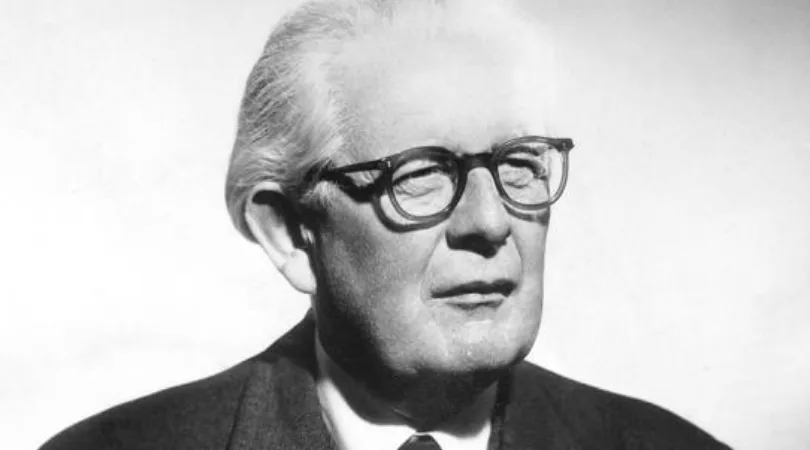
Swiss psychologist Jean Piaget (1896–1980) is well-known for his groundbreaking studies in child development and his theory of cognitive development. His studies have had a significant influence on psychology, education, and our understanding of how human intelligence evolves from childhood to maturity. According to Piaget’s views, children actively create their conception of the world through interaction and involvement with it.
3. Abraham Maslow
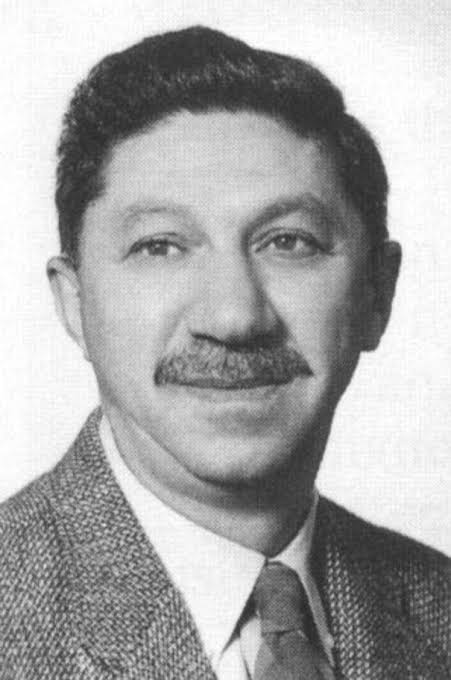
American psychologist Abraham Maslow (1908–1970) is most known for developing Maslow’s Hierarchy of wants, a theory of psychological health emphasising on meeting natural human wants in order of importance, therefore leading to self-actualization. Maslow, a forerunner of humanistic psychology, stressed personal development, self-fulfilment, and people’s natural capacity as One of the most important people in contemporary psychology, his work has had a significant influence on motivation theories, business, education, and psychology itself.
4. Sigmund Freud
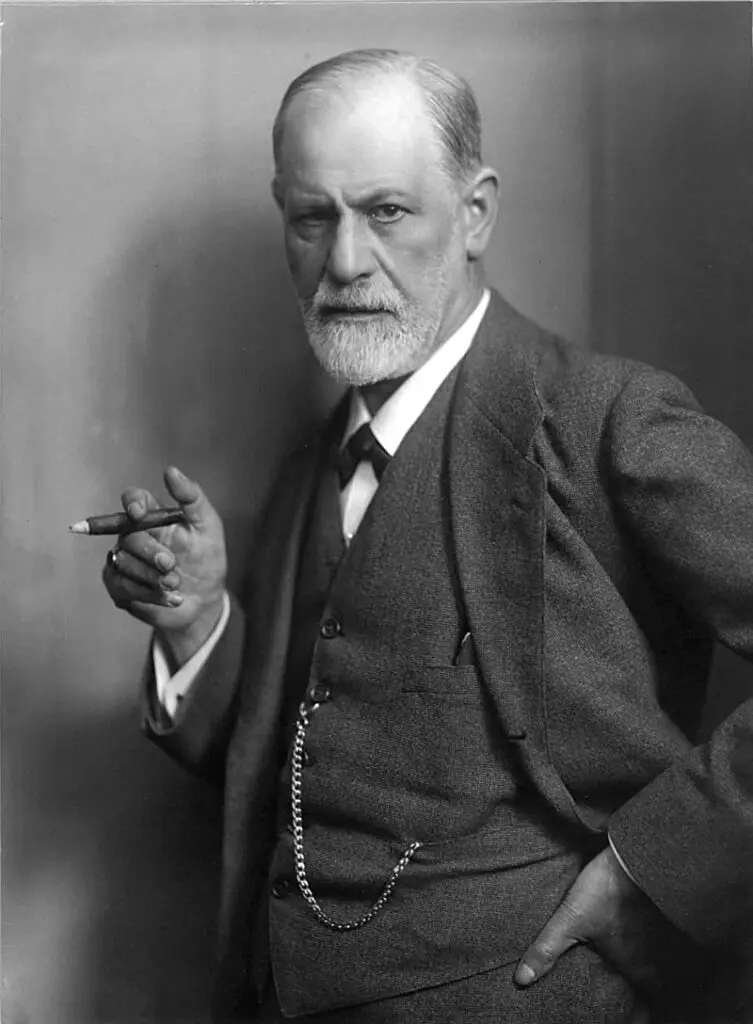
The originator of psychoanalysis—a clinical approach to treating psychopathology through discussion between a patient and a psychoanalyst—was the Austrian neurologist Sigmund Freud (1856–1939). Psychology, culture, and literature have all been profoundly impacted by Freud’s groundbreaking theories on the human mind and behaviour, which included ideas like the unconscious mind, defence mechanisms, and psychosexual development. Even after all these years of debate and criticism, Freud’s impact on psychology is still one of the greatest.
5. Lev Vygotsky
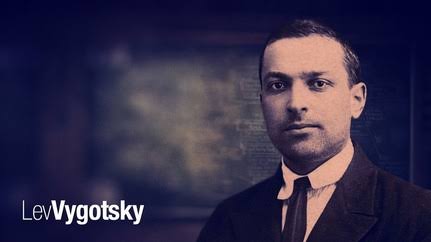
Russian psychologist Lev Vygotsky (1896–1934) transformed knowledge of child development, education, and cognitive psychology with his works. His Sociocultural Theory, which stresses the critical part social interaction and cultural context play in cognitive development, is what makes him most well-known. One of the most important psychologists of the 20th century, Vygotsky’s theories—especially his ideas of the Zone of Proximal Development (ZPD) and scaffolding—have had a significant influence on developmental psychology and education. He was a Russian and Soviet psychologist.
6. B. F. Skinner
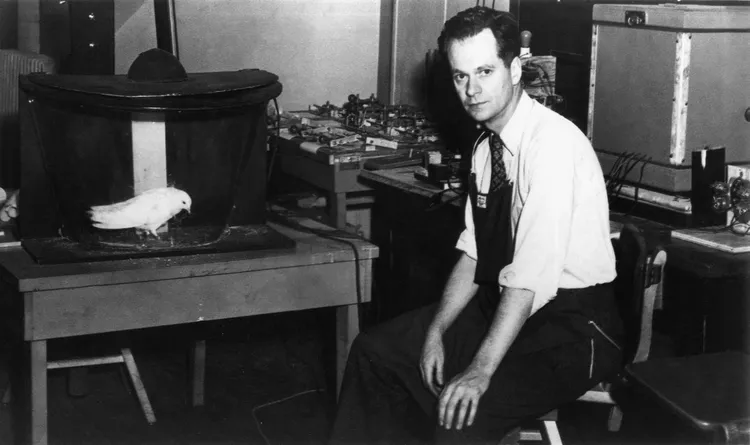
In addition to being a behaviourist, author, and inventor, Burrhus Frederic (B.F.) Skinner was an American psychologist who lived from 1904 until 1990. The most notable contributions that B. F. Skinner made to the field of psychology throughout the 20th century were the development of the theory of operant conditioning and his studies on reinforcement and behaviour modification. Skinner is widely considered as making significant contributions to the field. In addition to laying the groundwork for a significant portion of contemporary behavioural psychology, his contributions continue to have an impact on a variety of sectors, including education, psychology, and behavioural therapy.
7. Carl Rogers

Carl Rogers was an American psychologist who lived from 1902 to 1987. He was one of the founders of humanistic psychology, a movement that stresses how good people are by nature and how they naturally want to reach their full potential. His method, called person-centred therapy (or client-centered therapy), changed the way psychotherapy was done by moving the focus from the therapist making diagnoses to giving clients more power and accepting their own opinions and choices. Many people think that Rogers was one of the most important psychologists of the 20th century. He had a long effect on both psychology and education.
8. Ivan Pavlov
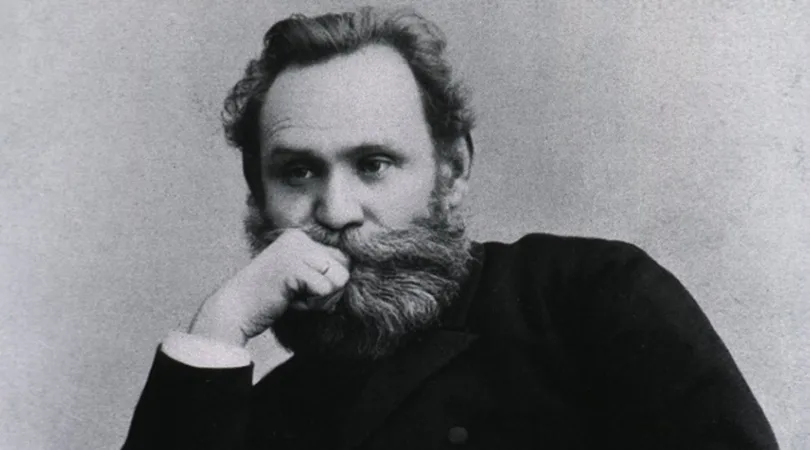
Russian physiologist Ivan Pavlov (1849–1936) is most famously recognised for his work in classical conditioning, a basic idea in behavioural psychology. Pavlov’s studies on conditioned reflexes have affected disciplines including psychology, education, and even marketing as well as helped to shape behaviourism. His well-known dog tests showed that association may teach behaviour, which gained him international acclaim and the Nobel Prize in Physiology or Medicine in 1904.
9. Carl Jung
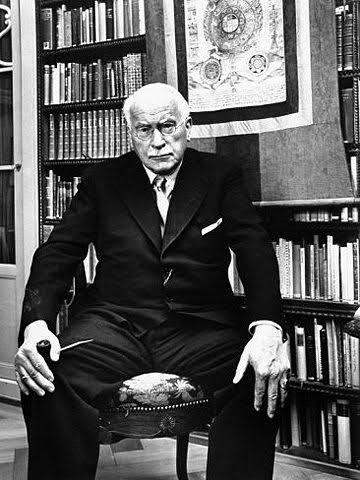
Carl Gustav Jung, a Swiss psychiatrist and psychoanalyst who lived from 1875 until 1961, is credited with beginning the field of analytical psychology. Jung’s work has had a significant influence on a variety of fields, including psychology, literature, art, and even spirituality. He is most known for his theories on the collective unconscious, archetypes, and the psychological types that underpin characteristics of personality. His method was a departure from Sigmund Freud’s psychoanalysis, which resulted in a legacy that would endure in the field of depth psychology and the investigation of the human psyche.
10. Elizabeth Loftus
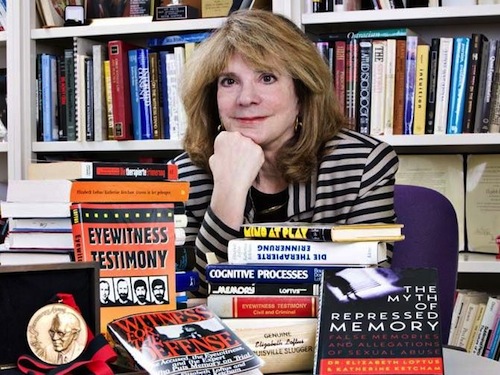
Elizabeth Loftus: Elizabeth Loftus: Leading Memory Expert Renowned American cognitive psychologist and malleability of human memory expert Elizabeth Loftus Born on October 16, 1944, her groundbreaking studies have greatly changed our knowledge of memory, especially on how suggestion, false information, and passing of time could skew it. Loftus is among the most important psychologists of the contemporary day since her work has major ramifications for several disciplines, including psychology, law, and eyewitness evidence. She is an American psychologist who is best known in relation to the misinformation effect, false memory and criticism of recovered memory therapies.






I was suggested this web site by my cousin Im not sure whether this post is written by him as no one else know such detailed about my trouble You are incredible Thanks
I discovered your blog web site on google and examine a few of your early posts. Continue to keep up the superb operate. I simply further up your RSS feed to my MSN News Reader. In search of ahead to studying more from you later on!…